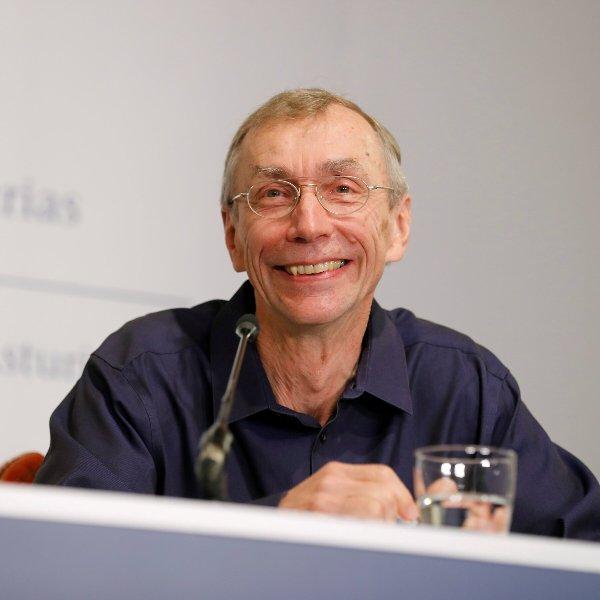Bio/Wiki
| Famous role | Winning the 2022 Nobel Prize in Physiology or Medicine |
|---|
Physical Stats & More
| Height | 187 cm |
|---|---|
| Eye Color | Ash Blonde |
| Hair Color | Hazel Green |
Educational Qualification(s)
| Education | PhD In Molecular Biology |
|---|
Personal Life
| Zodiac sign | Aries |
|---|---|
| Hometown | Stockholm, Sweden |
| School | Swedish Armed Forces Interpreter School |
| College/University | University of Uppsala |
Relationships & More
| Marital Status | Married |
|---|---|
| Marriage Date | 2008 |
Family
| Wife | Linda Vigilant (American geneticist) | ||||
|---|---|---|---|---|---|
| Children |
| ||||
| Parents |
| ||||
| Siblings |
|
Career
| Awards, Honours, Achievements |
|
|---|
Some Lesser Known Facts
| Svante Pääbo worked as a teacher and part-time researcher at the University of California in 1979. | |
| In 1980, he returned to Sweden to pursue a PhD in Molecular Biology at the University of Uppsala after leaving the University of California. | |
| In 1986, Svante Pääbo authored research papers aiming to find a genetic link between Homo Sapiens and ancient human species. | |
| Svante and his team successfully extracted DNA from a 10,000-year-old Neanderthal body in 1997. | |
| In 2014, Svante published a book called "Neanderthal Man: In Search of Lost Genomes." | |
| On 3 October 2022, the Karolinska Institutet in Sweden awarded Svante Pääbo the Nobel Prize for his work on extinct hominin genomes and human evolution. |
